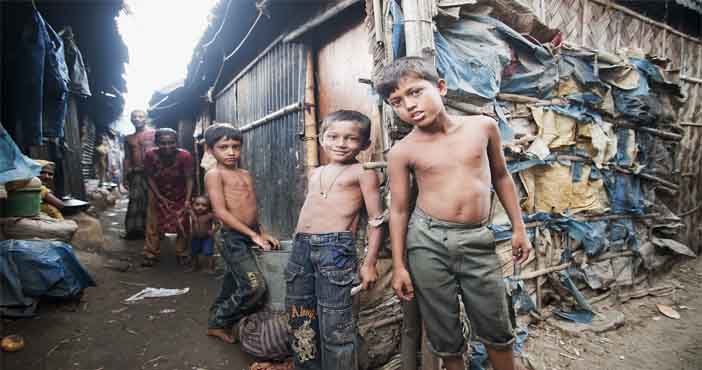
A recent study by the International Labour Organization (ILO) revealed alarming statistics about forced labor, exposing the grim reality of exploitation and its economic impact worldwide. The study, titled ‘Profits and Poverty: The Economics of Forced Labour,’ disclosed that forced labor generates illegal profits amounting to a staggering $36 billion annually.
This figure marks a 37% increase in illegal profits since 2014, driven by both the growing number of individuals subjected to forced labor and the higher profits extracted from their exploitation. Surveys conducted among workers, including those from India working in countries like Saudi Arabia and Qatar, contributed to the comprehensive analysis presented in the report.
The study highlights the devastating consequences of forced labor, with traffickers and criminals pocketing nearly $10,000 per victim, a significant surge from figures recorded a decade ago. These illegal profits are most rampant in Europe and Central Asia, followed closely by Asia and the Pacific, the Americas, Africa, and the Arab States.
Forced commercial sexual exploitation emerges as the primary driver behind these profits, accounting for over two-thirds of the total illegal earnings, despite affecting only 27% of victims in privately imposed labor. Other sectors, such as industry, services, agriculture, and domestic work, also contribute to this exploitative cycle, depriving workers of their rightful wages and perpetuating cycles of poverty and exploitation.
The report sheds light on the magnitude of the issue, revealing that 27.6 million people were engaged in forced labor on any given day in 2021, indicating a distressing reality of 3.5 individuals per every 1,000 people globally. Shockingly, this number has increased by 2.7 million between 2016 and 2021, underscoring the urgency of addressing this human rights crisis.
Gilbert F. Houngbo, the Director-General of the ILO, highlighted the imperative for immediate action, stating, “Forced labor perpetuates cycles of poverty and exploitation and strikes at the heart of human dignity.” He called upon the international community to unite in combating this injustice, safeguarding workers’ rights, and upholding principles of fairness and equality.
The report advocates for robust enforcement measures to stem illegal profit flows and hold perpetrators accountable. It underscores the importance of strengthening legal frameworks, providing training for enforcement officials, and enhancing coordination between labor and criminal law enforcement agencies. Moreover, it highlights the need for a comprehensive approach addressing root causes and prioritizing victim safeguarding.













